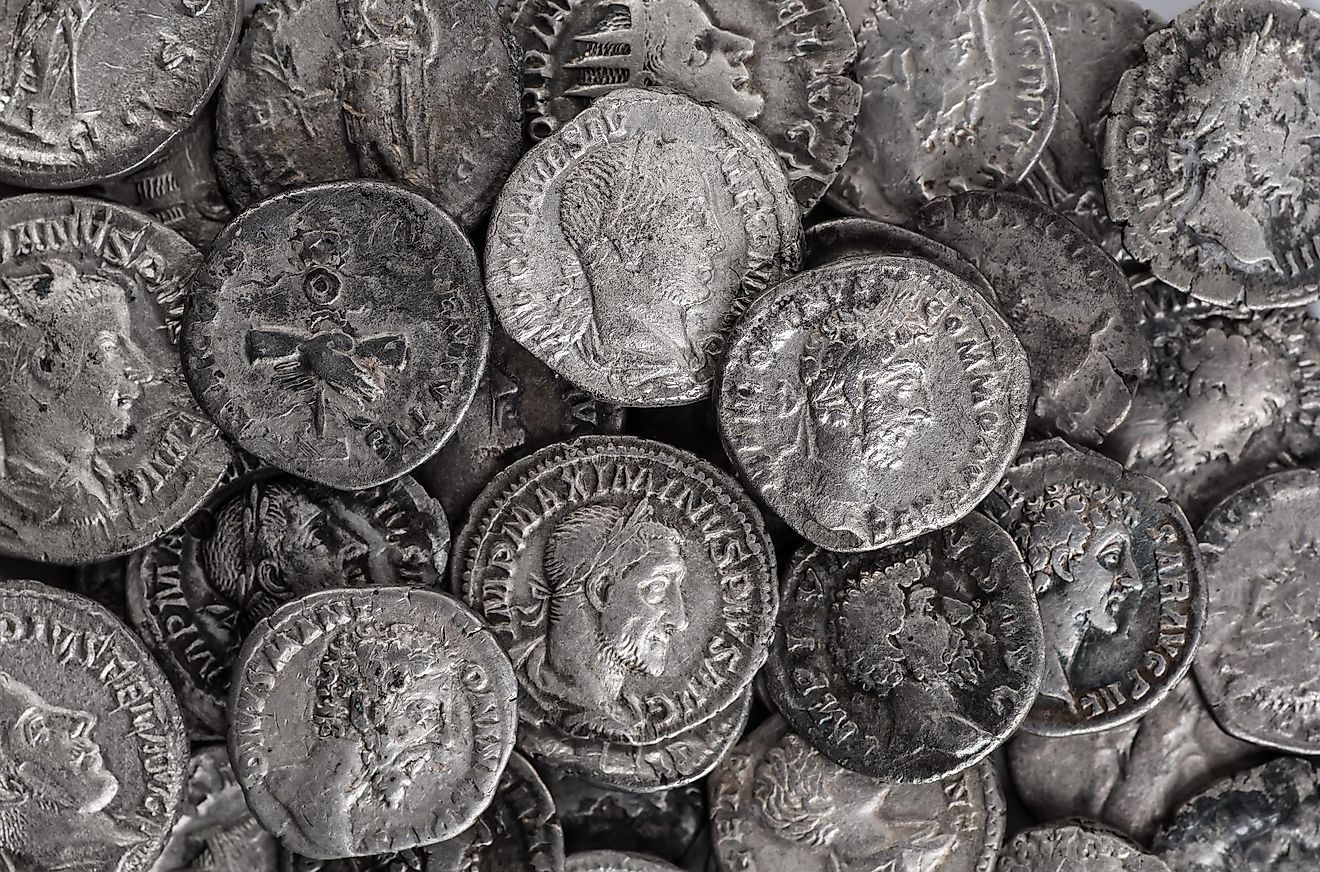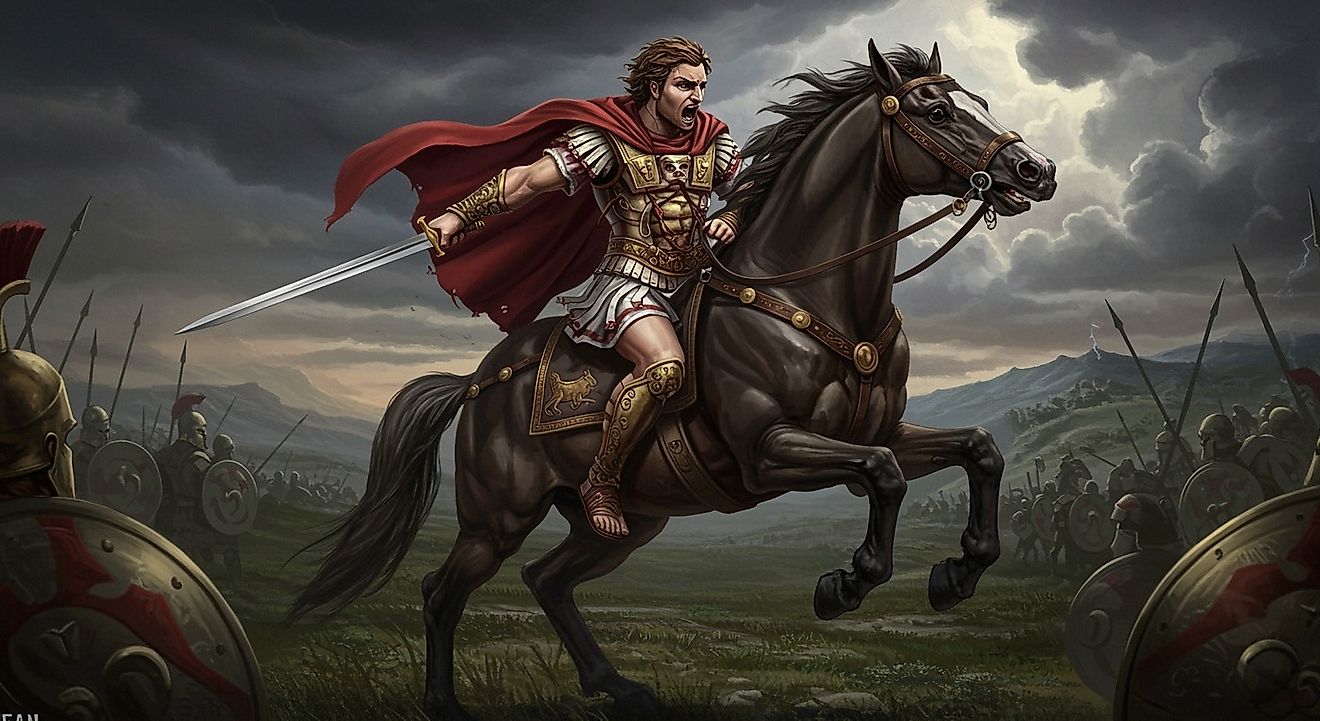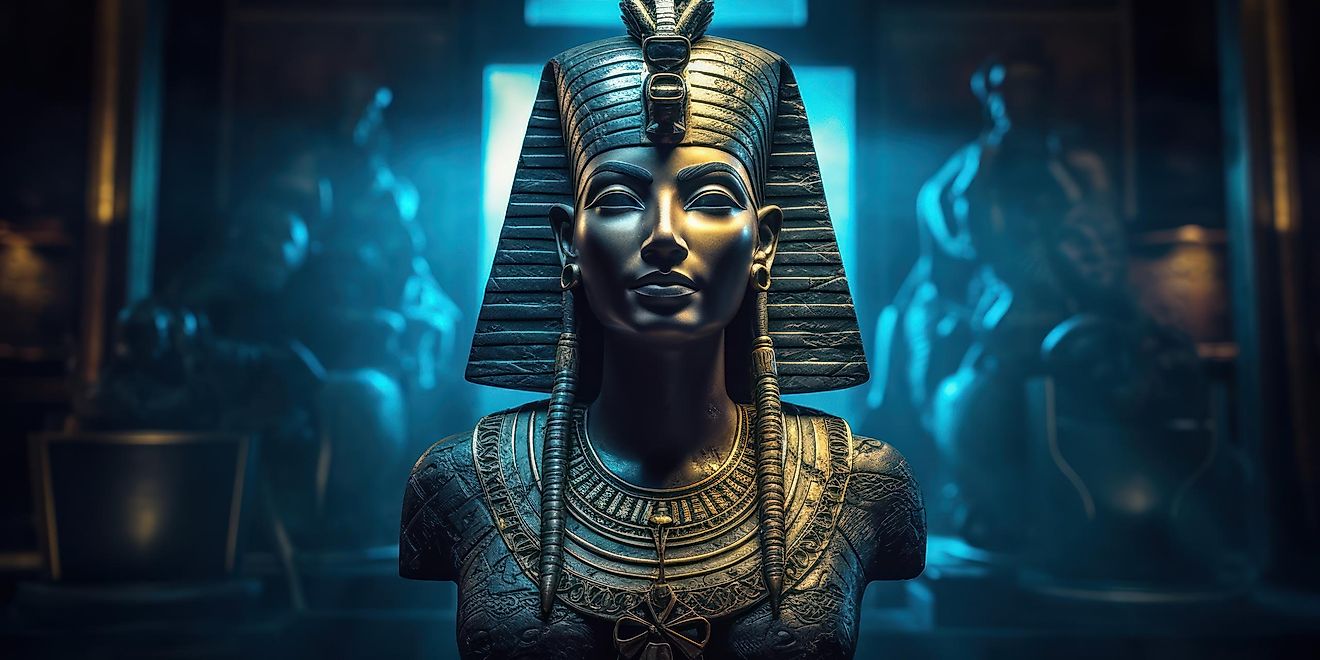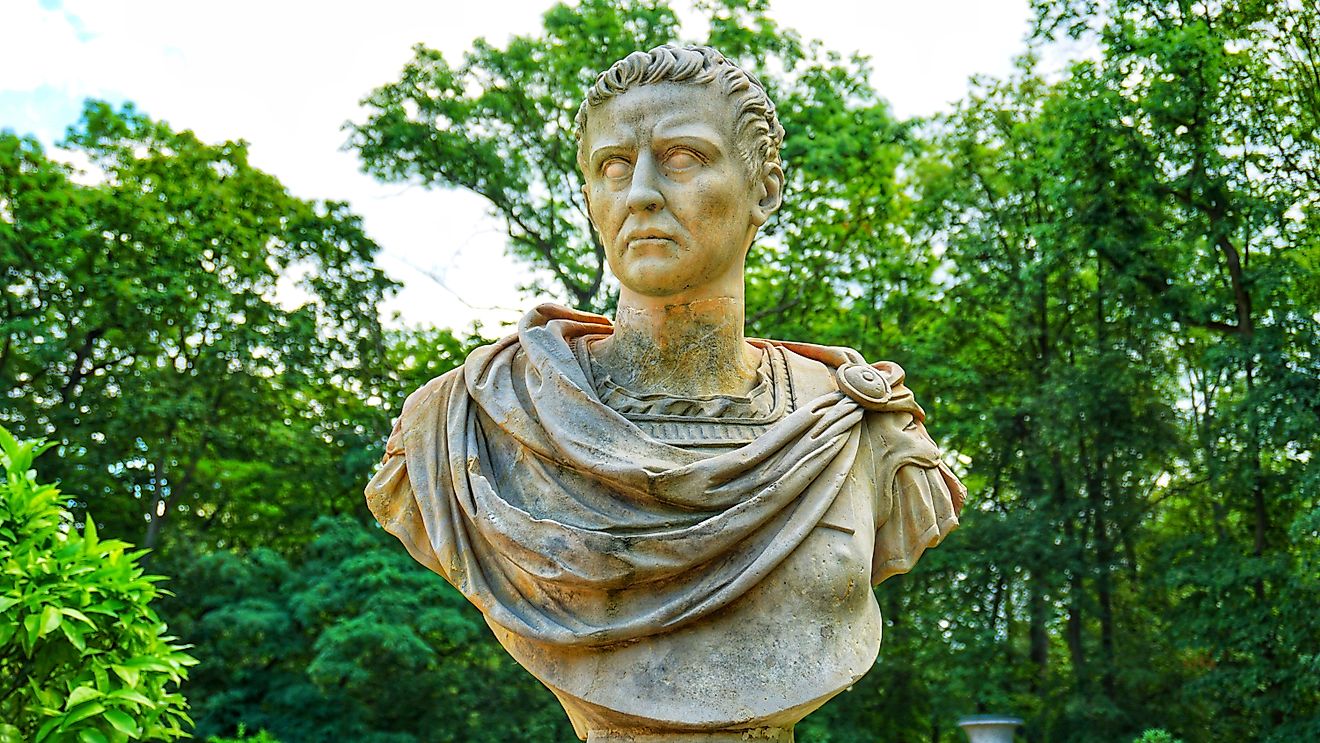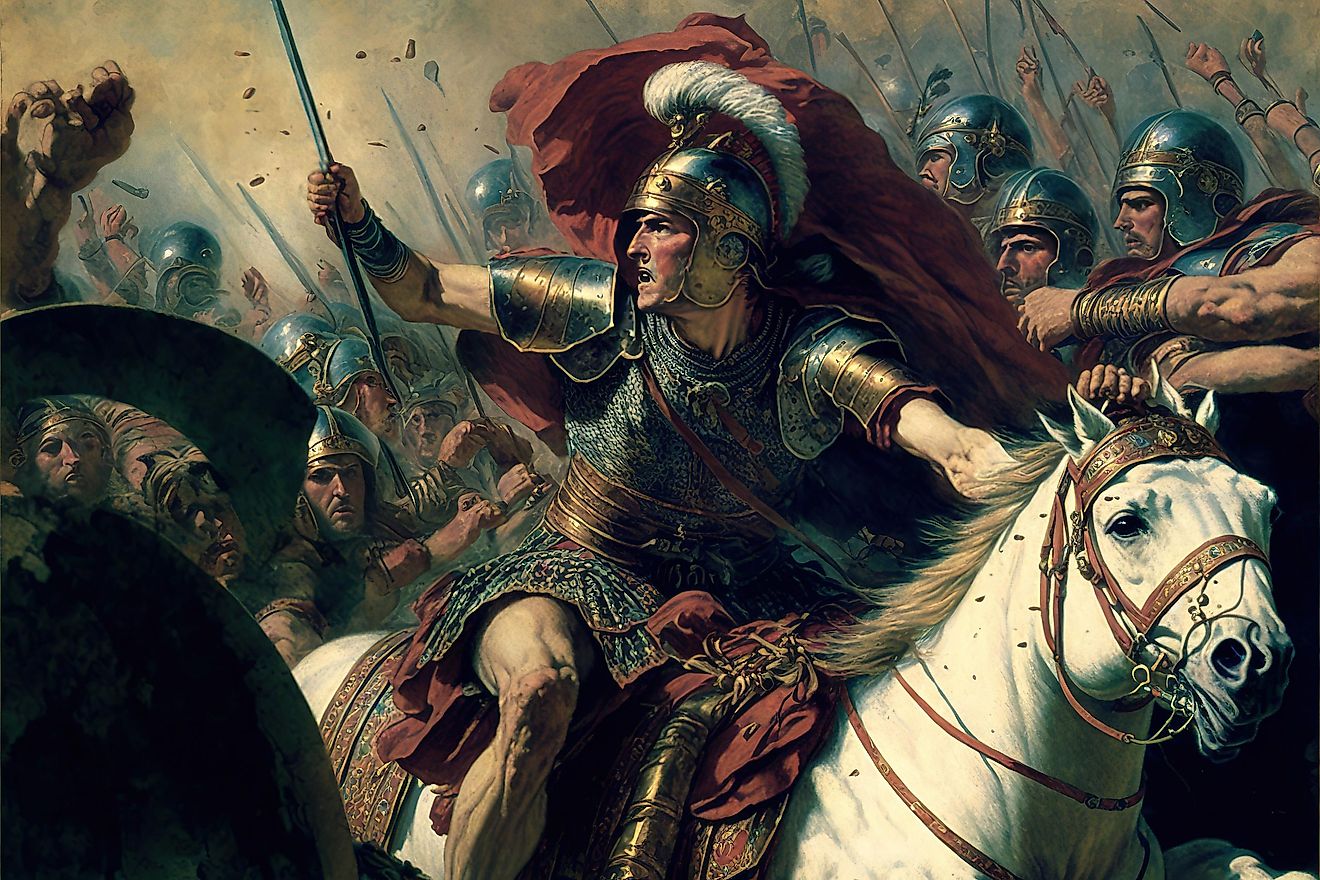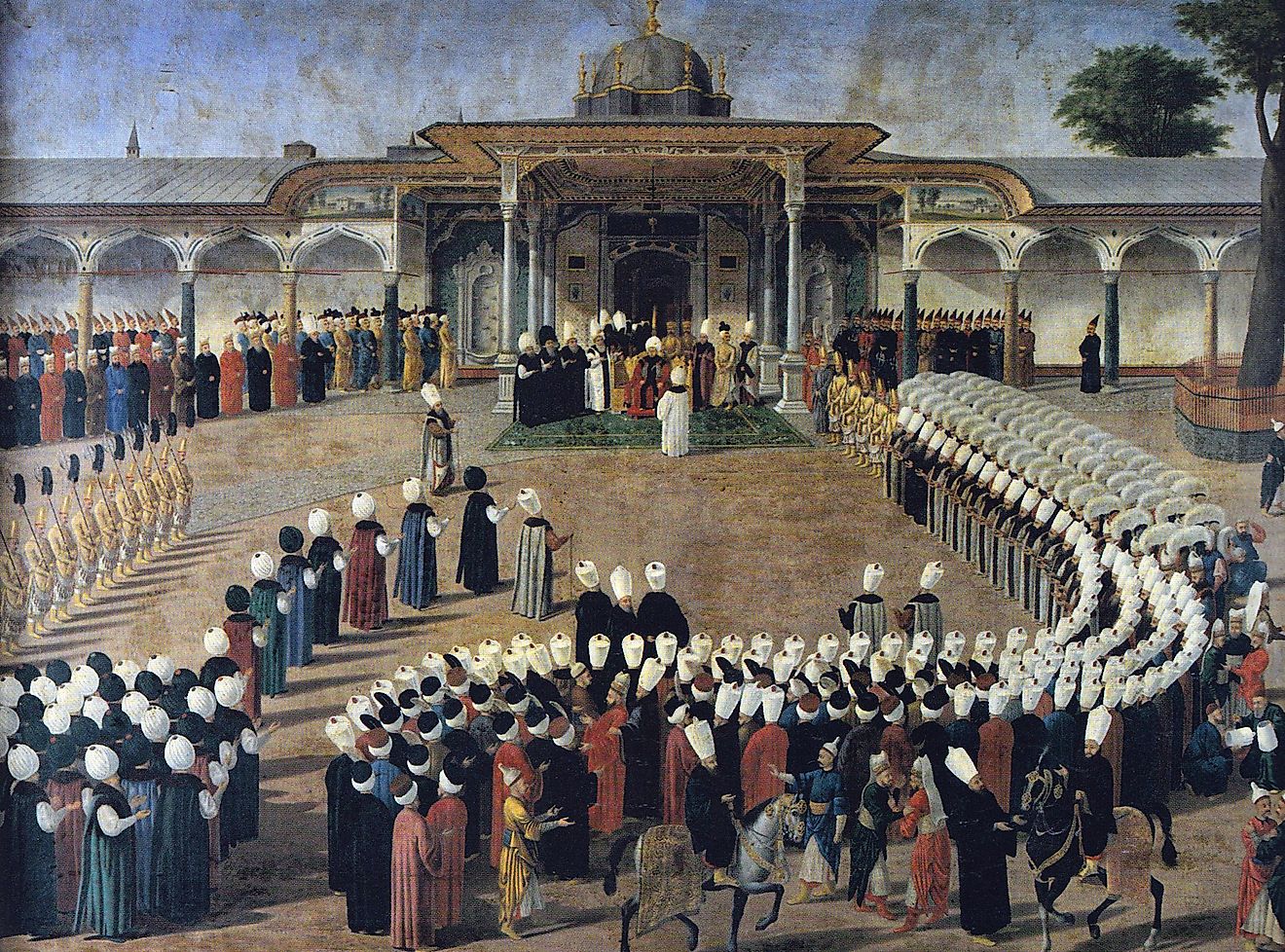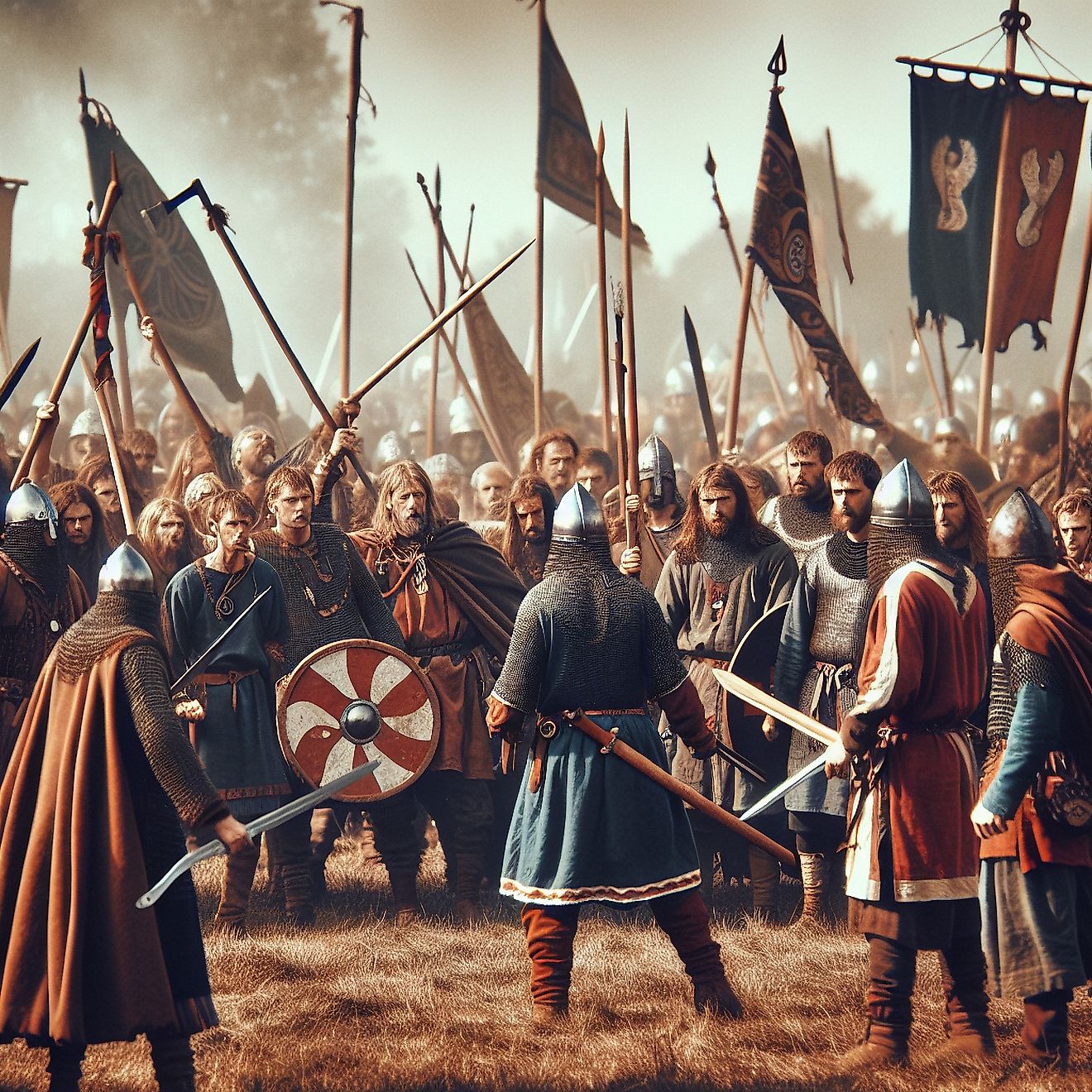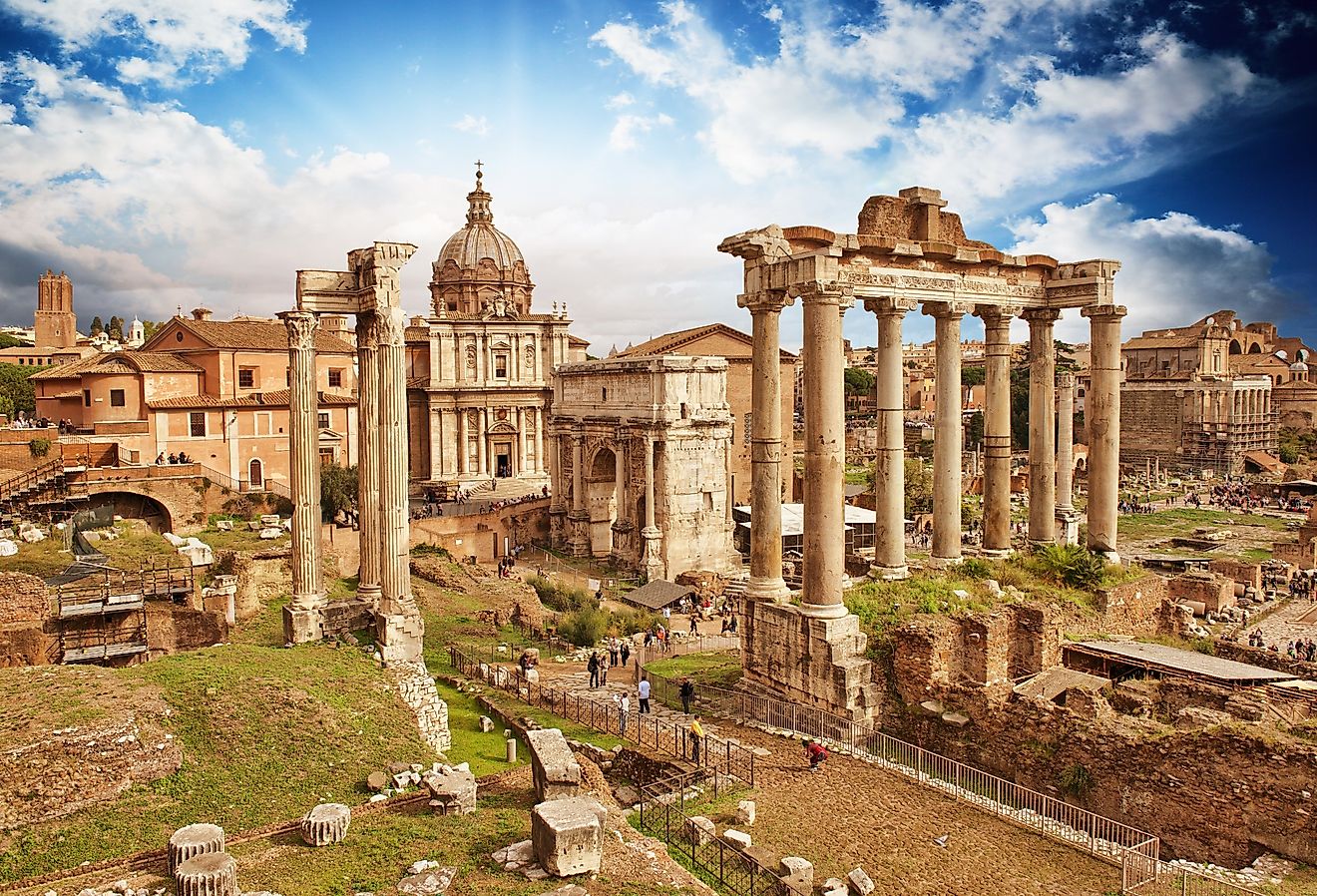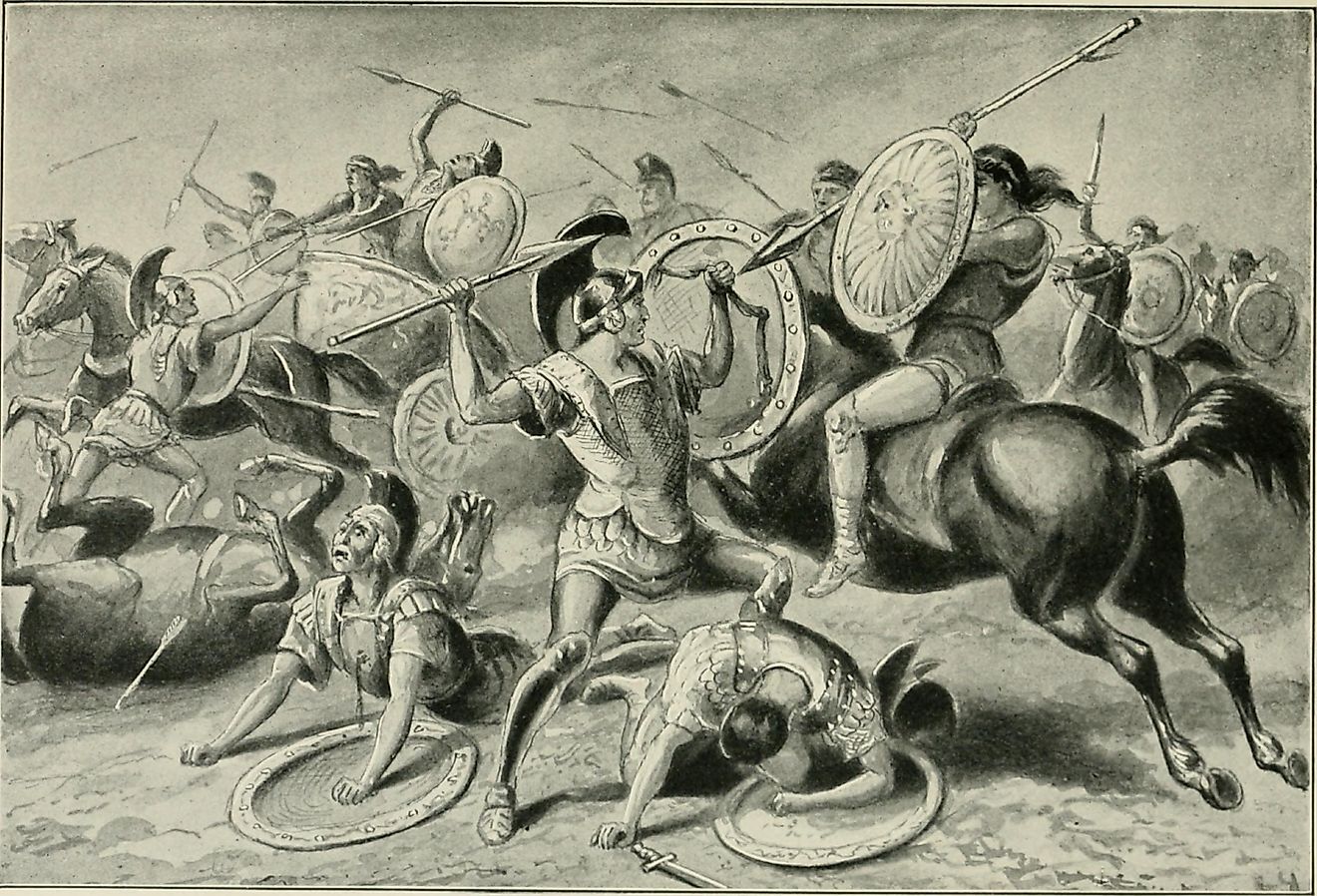How Did Lincoln And Douglas Disagree About Slavery?
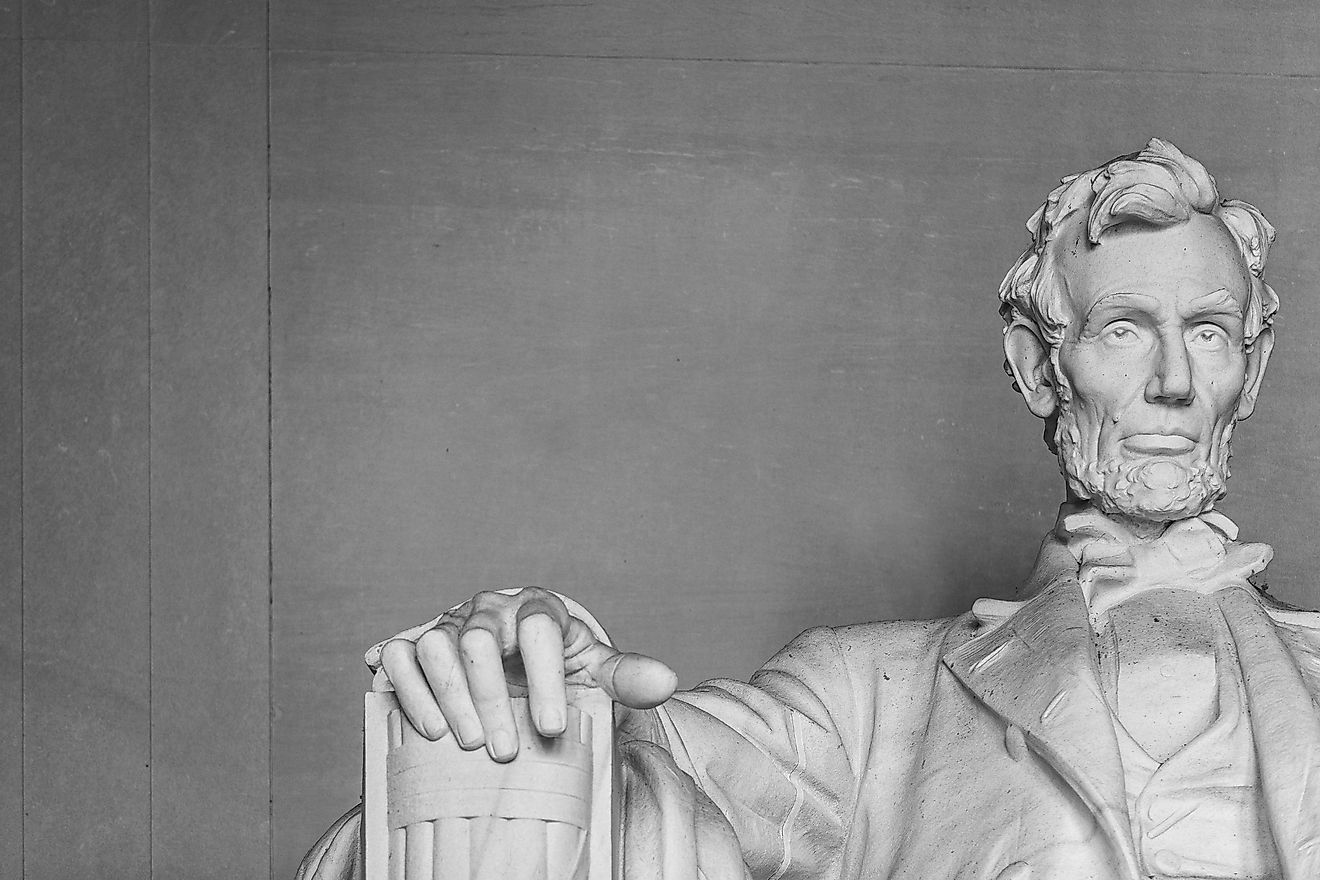
- For Douglas, slavery was not a moral issue, and for him, it did not matter if African Americans were enslaved or not, as he did not think of them as ordinary citizens.
- Lincoln insisted that the problem of slavery should be dealt with by the federal government.
- Douglas thought about how every state should decide on whether they want slavery or not.
Multiple debates in which Abraham Lincoln and Stephen A. Douglas came together and discussed important social and political issues, took place in 1858 during the elections for the state of Illinois. The problems discussed revolved mainly around the issues of slavery, and Lincoln and Douglas had opposing views on how to approach this significant obstacle that was dividing American society.
A Complex Debate
One thing to have in mind is that the problem of slavery could not be isolated from everything else that was affected by it. The issues of inequality, popular sovereignty, emancipation, and the equality between races - they all formed complex circumstances, and the way Lincoln and Douglas approached them was similarly complex.
Disagreement In Moral Stance
The first major difference lies in the way Lincoln and Douglas viewed the problem from a meta-perspective. Douglas believed how African American slaves were inferior to the rest of the population, which was white. Because of this, Stephen A. Douglas did not think of slavery as a moral issue, and he did not see it as a problem that would break the Union apart.
For Lincoln, the question of slavery was a moral issue, which made him approach the Declaration of Independence and call upon some of the crucial statements made there, which tried to define what liberty, freedom, and happiness is. From Lincoln’s perspective, the African American slaves were also humans, which allows them to live under the moral suggestions that were written in the Declaration of Independence.
Abraham Lincoln, referring to the statement which says how all men are equal and should have the right to live, search for happiness, and be in liberty. For Lincoln, this was not possible if people were enslaved, as that immediately opposes the ideas of what freedom, liberty, and happiness were for American society at the time.
Disagreeing On The Notion Of Citizenship
These differences between Lincoln and Douglas were even more evident in the way they approached the notion of citizenship, which had a lot to do with how the problem of slavery could be resolved. For Lincoln, the Declaration of Independence was not including African Americans in its postulates, and that the responsibility to stop slavery from expanding was on the federal government.
Douglas, on the other hand, thought about how popular sovereignty was the only way to decide on the issues of slavery. For him, popular sovereignty could be used as a tool that could allow people to overturn decisions made by the Supreme Court.
This is an important distinction to get a grasp of because Lincoln wanted to avoid further developments of the tension between the South and the North, and his stance on the debate was always pointing in one direction: to stop any activities that would spark up the conflict between the free people, and people who were still enslaved. Douglas did not share the same opinion, because, for him, it did not matter if African Americans were enslaved or not as he did not see them as people who could never become citizens the same way the white part of the population could.
